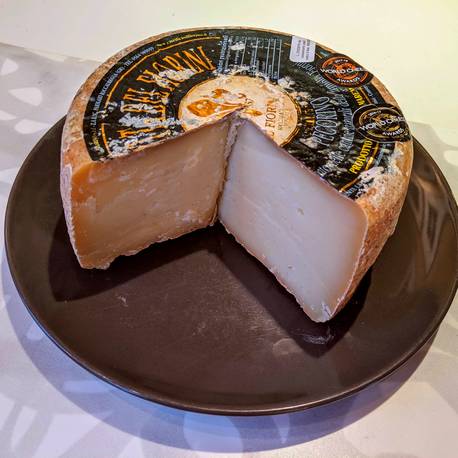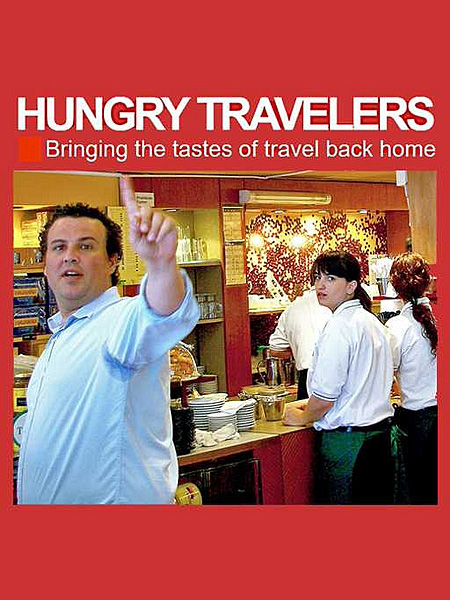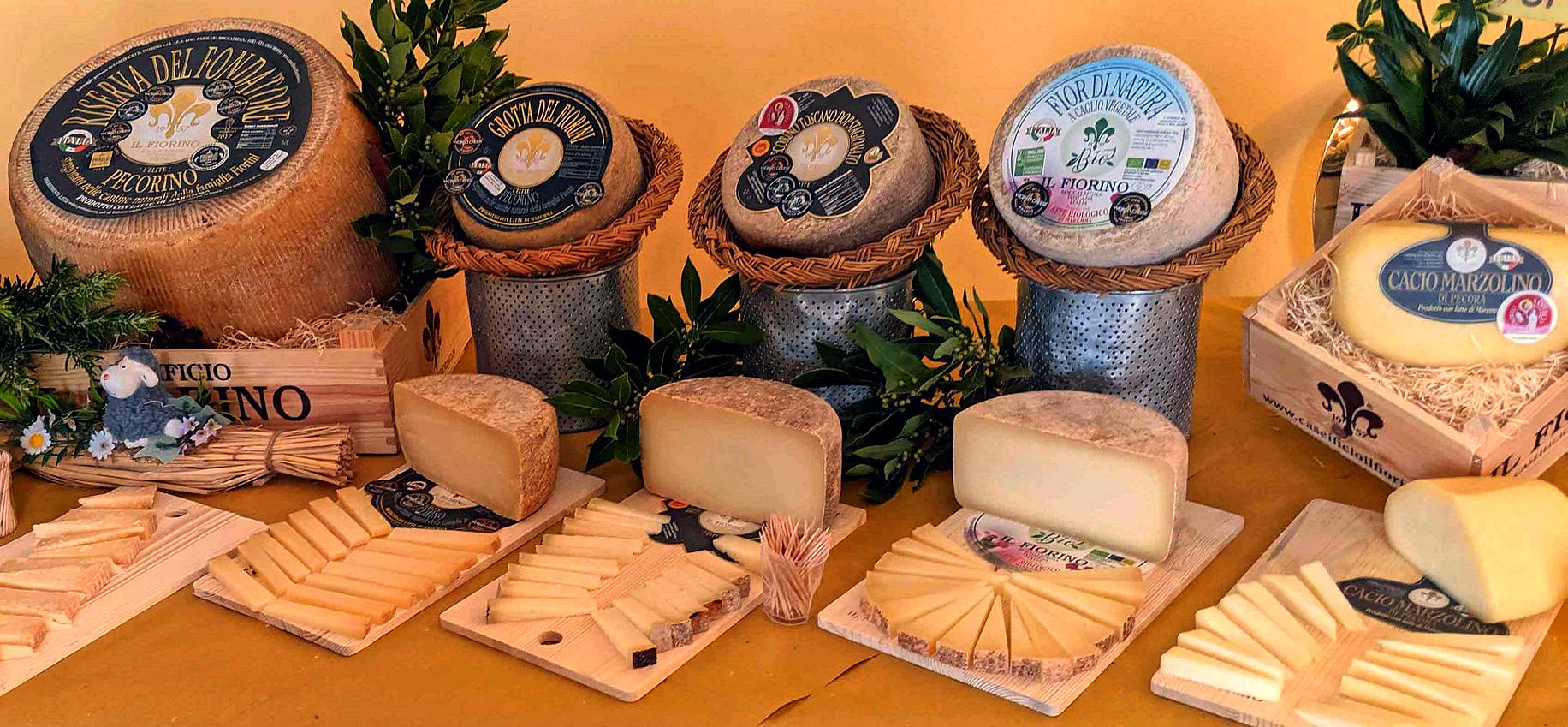Pecorino cheese production in the Maremma dates from at least the Middle Ages, but the modern story of Maremma Pecorino dates from the 1957 founding of Caseificio Il Fiorino (Loc. Paiolaio, Roccalbegna; +39 0564 989 059; caseificioilfiorino.it/english.htm#pascoli; open for sales Mon-Sat 9am-1pm and 3-7pm). Duilio Fiorini (usually referred to in hushed tones as Il Fondatore) started the operation, now run by his daughter Angela and her husband Simone with about two dozen staff.
Maremma wines practically beg for a cheese plate of mellow, supple cheeses. Il Fiorino fills the bill with a range of sheep’s milk cheeses that range from a quivering ricotta to nutty, long-aged wheels. The Pecorino Toscano cheeses are a world apart from the crumbly, sharp, and very salty Pecorino Romano commonly used in the U.S. as a less expensive alternative to Parmigiano.
 Using only raw milk from local flocks heated to 36°C (roughly human body temperature), the workers at Il Fiorino add natural rennet and control the curd size by assiduous cutting. Bigger pieces are used to make soft, fresh cheeses, while smaller pieces form the basis for pressed wheels destined for aging. The leftover whey is transformed into creamy ricotta.
Using only raw milk from local flocks heated to 36°C (roughly human body temperature), the workers at Il Fiorino add natural rennet and control the curd size by assiduous cutting. Bigger pieces are used to make soft, fresh cheeses, while smaller pieces form the basis for pressed wheels destined for aging. The leftover whey is transformed into creamy ricotta.
I won’t go into all the variations that this dynamic facility produces, except to note that many of them place very well in the World Cheese Awards and that Il Fiorino successfully exports worldwide. I will mention two: one that was too big to bring home, and one that was just the right combination of flavor and size.
The flagship cheese of the dairy is the Riserva del Fondatore, made in 18-20 kilogram wheels from carefully selected milk, then aged in the cooling room for 60 days and up to another 120 days in the facility’s cave. It’s everything you could ask for in an aged cheese—rich, nutty, creamy but firm with just a hint of lactic acid crystals. My other favorite is the Grotta del Fiorini—a fragrant, nutty, creamy wheel with a natural rind. It’s strictly cave aged with good ventilation for 60 days.
Best of all, it’s made in a 2 kilogram wheel, which makes it perfect for bringing home in a suitcase. Admittedly, two kilos of pecorino sounds like a lot of cheese. But well cared for, it remains good for up to six months. We cut the wheel (above right) about six weeks ago and it’s still perfect.

